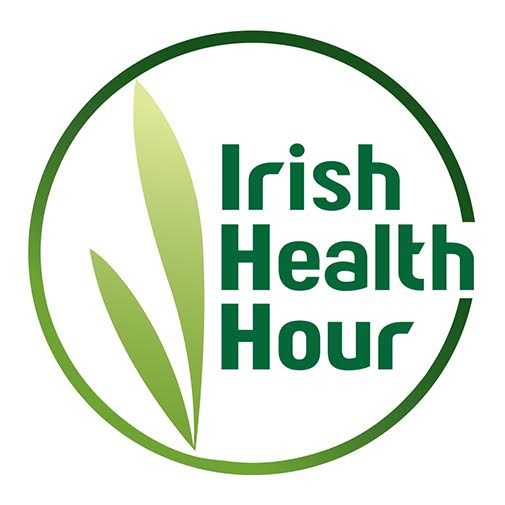5 Health Checkups You Should Do Regularly When You Reach Your 50s
Guest blog post by Luke Douglas from ripped.me
Menopause can bring many changes to your body, which is why your 50s are a good time to consult your doctor about your overall health. About 70 percent of people between the age of 50 and 65 have been diagnosed with at least one chronic condition, and many of them even have two or three conditions. Only about one in four adults this age are up to date on their screenings and checkups. But catching potential problems early on, when they are likely to be the most treatable, can thankfully help to extend or save lives. In that manner, here is a list of some of the most important health checkups you should consider doing regularly in your 50s.
1. Blood work
By the time you reach your 50s, it’s important to run a complete series of blood tests, because your blood contains a great deal of information about your health. Testing for blood sugar and cholesterol levels is especially important, as high levels of these substances may lead to several preventable issues, such as diabetes, heart diseases, kidney failure, and even blindness. Hypertension is equally as dangerous for your overall health, which is why regular blood pressure tests should also be a priority. Don’t underestimate the importance of these tests – they are very quick and simple, and they can add years to your life.
2. Eye examination
As you reach your 50s, regular eye exams become more important. If you wear glasses, you’ll want to keep up with the changes in your vision by updating your prescription. You may want to consult your doctor about laser surgery as a permanent solution to your problems. However, if you are not ready for such a step, a great alternative solution can be to go a professional contact lens fitting and get a pair of practical contact lenses which are specifically designed to help with your eye problems. In order to ensure that no vision problems are starting to develop, you should have an eye exam at least every two years once you’ve reached your 50s. These examinations are especially important if you have high blood pressure, diabetes, or a family history of eye disease.
3. Pelvic examination and Pap smear
A yearly visit to the gynecologist usually entails a pelvic exam, which can determine the condition of your uterus, cervix, ovaries and rectum. Asking your family doctor for an additional rectal exam, as well as a test for the presence of blood in your stool sample, is also a good idea. A regular Pap smear will examine your cervical cells, determining any changes or the possibility of cervical cancer. Along with your Pap smear, you should also ask for the HPV (Human Papilloma Virus) test, to determine if you are a chronic carrier of the virus. According to the guidelines, women over 65 can stop getting screened if they’ve had at least three negative Pap smears consecutively or at least two negative HPV tests in the previous 10 years. However, women who have risk factors for cervical cancer, such as smoking, a history of HPV, or a more advanced precancer diagnosis, should continue with the screenings.
4. Mammogram
At this age, all women should have started routine mammogram screenings, as they can help detect early signs of breast cancer, even before a lump can be felt. The required frequency of this examination differs from woman to woman, which is why your doctor will most accurately tell you how often you should repeat it. If you have a strong family history of breast, ovarian or peritoneal cancer, you should also talk to your doctor about getting tested for the BRCA1 or BRCA2 mutation, as studies have shown that BRCA1 and BRCA2 mutations account for about 5 to 10 percent of all breast cancers, and about 15 percent of ovarian cancers overall.
5. Immunizations checkup
Everyone over the age of 50 should get a flu shot every year. Don’t forget that even healthy people require a tetanus booster shot every 10 years, and one of them should contain the pertussis vaccine for whooping cough. If you haven’t already had them, consider getting Hepatitis A and B vaccines. After the age of 60, you should also be vaccinated against the herpes virus that causes shingles. Be sure to consult your doctor about updating any immunizations you might need and any important tests you should take.
